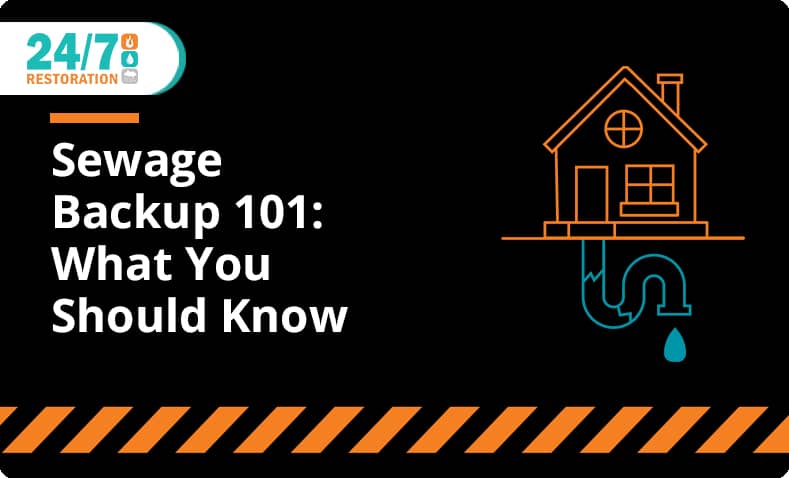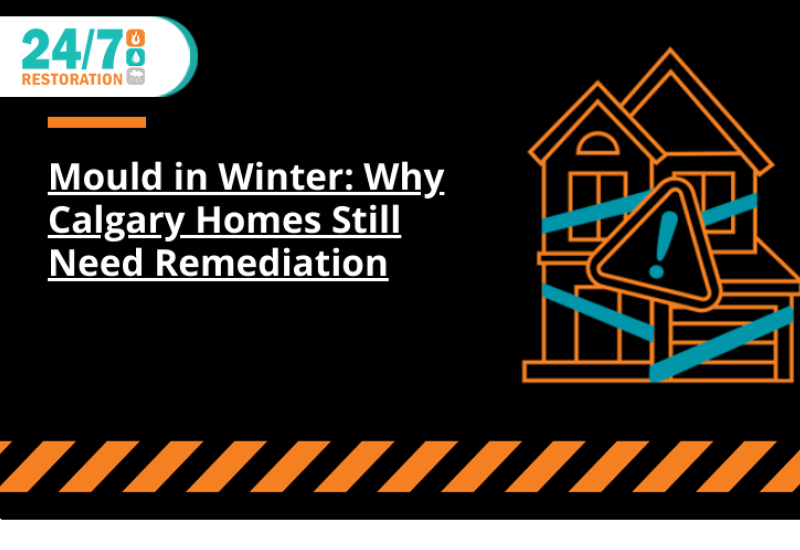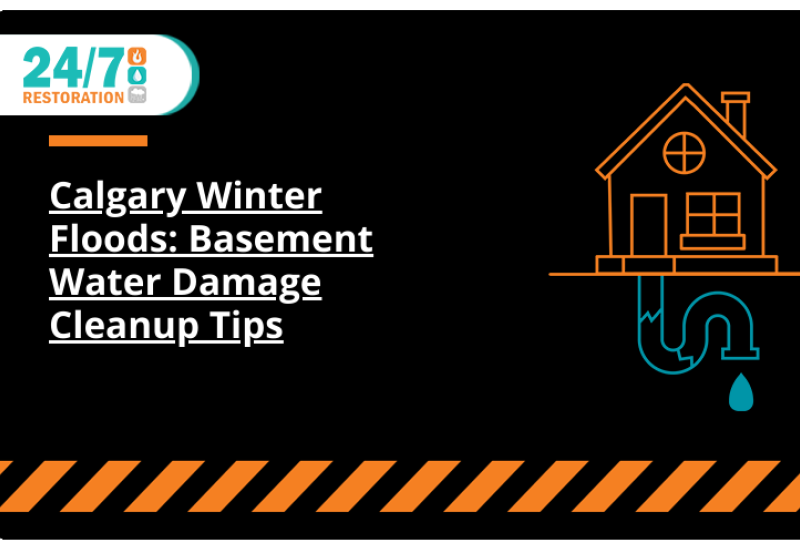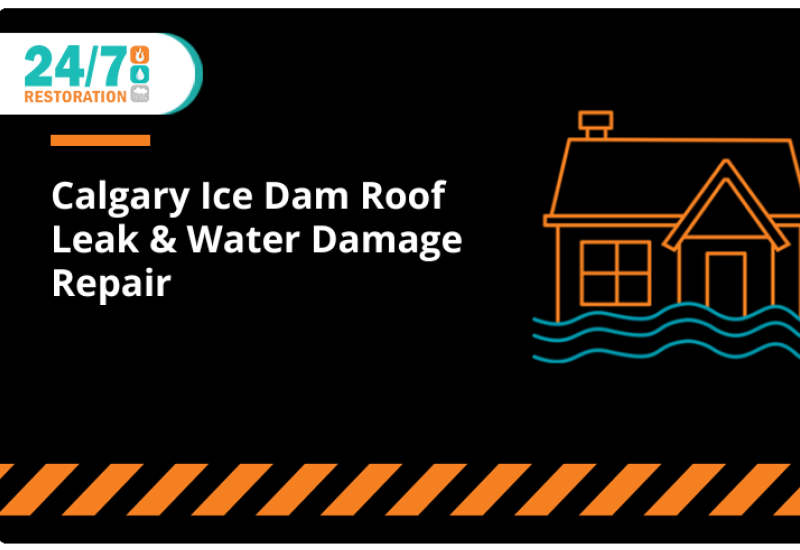What To Know About Sewage Backup
Not All Waste Lines Are The Same.
- Sanitary Sewer Line. The drain lines in your home are not all the same: the tub waste line, the toilet waste line, the laundry waste line, the kitchen sink waste line, they are all different. These lines will, however, converge to drain into the main sewer pipe which runs from your home, under your yard, and then into the main municipal sewer. All of these drains in your home that eventually lead to the municipal sewer pipe are called sanitary sewer lines, and all of the water and contaminants therein get sent to a wastewater treatment facility.
- Storm Sewer Line. The other type of common waste line is the storm sewer line. When you walk past a sewer drain built into the curb outside, that is a storm sewage drain, and it sends all of the snowmelt and rain directly back to nearby rivers or creeks without treatment. Other water sent to the storm sewage drain is the water from sump pumps, yard drain lines, gutter downspout drains, and window well drain lines.
Potential Sewage Backup Causes. While some sewage backup may be caused by issues outside of your control, such as old, cracked pipes, tree roots, or frozen pipes, other causes are preventable. Make sure to only put products in the drains that are designed for the drains, such as water, human waste, and detergents. Do not put grease, hygiene products, paper products other than toilet paper, or large items down the drain or toilet. If you have a garburator, you should run plenty of water through it after each use to make sure it doesn’t get clogged. Also try to avoid washing hair down any drains, as hair tends to stick inside pipes and can become easily tangled. Learn more about the specifics of how to prevent a sewage backup here.
Septic Tank Users. For those who live outside of Calgary and who use a septic tank system, you should have your tank pumped out every 2 to 5 years. The more people who live in your home, the more often it should be serviced. If the septic tank is not pumped out often enough, then you are at high risk for a sewage backup.
What To Do About A Sewage Backup. If you experience a sewage backup, turn off the power to any areas where there is water and call for professional cleanup right away. Sewage backup needs to be cleaned quickly and efficiently so that your home does not become damaged by water or bacteria. The water damage caused by a sewage backup can lead to electrical issues if it is not cleaned up right away and mold if it is not cleaned up properly. Because of the dangerous bacteria in sewage water, safety gear needs to be worn when near the contaminated area and only a trained restoration professional should clean up the area.
Get Sewage Backup Cleanup From 24/7 Restoration In Calgary
If you have suffered a sewage backup, call a professional restoration cleanup crew right away. Whether it’s a sump pump backup or an overflowing toilet, it’s best to have a professional handle the mess so you don’t have to and so you know your home won’t develop later issues from improper cleanup. At 24/7 Restoration in Calgary, we ensure that all potentially hazardous sewage spills are quickly contained and thoroughly cleaned through the use of highly trained professionals and state-of-the-art equipment that can clean up even hazardous category 3 water contaminations. For full-time, 24/7 service, call 24/7 Restoration at 1-403-247-4365 or fill out the contact form for any questions.
FAQ
Q: Can I use bleach to clean up my sewage backup myself?
A: No. While bleach kills 99% of common household germs it DOES NOT remove or kill the contamination caused by black water. While bleach may clean the stains associated with a sewer backup the contamination left behind still pose significant health risks.
Q: How quickly can mold start to grow if the water is not properly removed?
A: Mold can start growing within 72 hours of exposure to moisture.
Q: Does 24/7 Restoration charge for estimates?
A: Our estimates are 100% free and we are committed to being super responsive when flooding occurs in your home or business.




